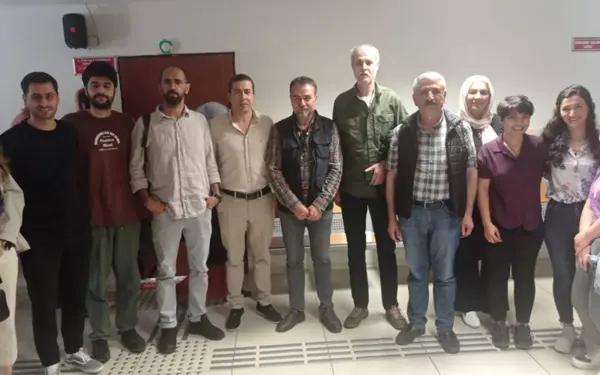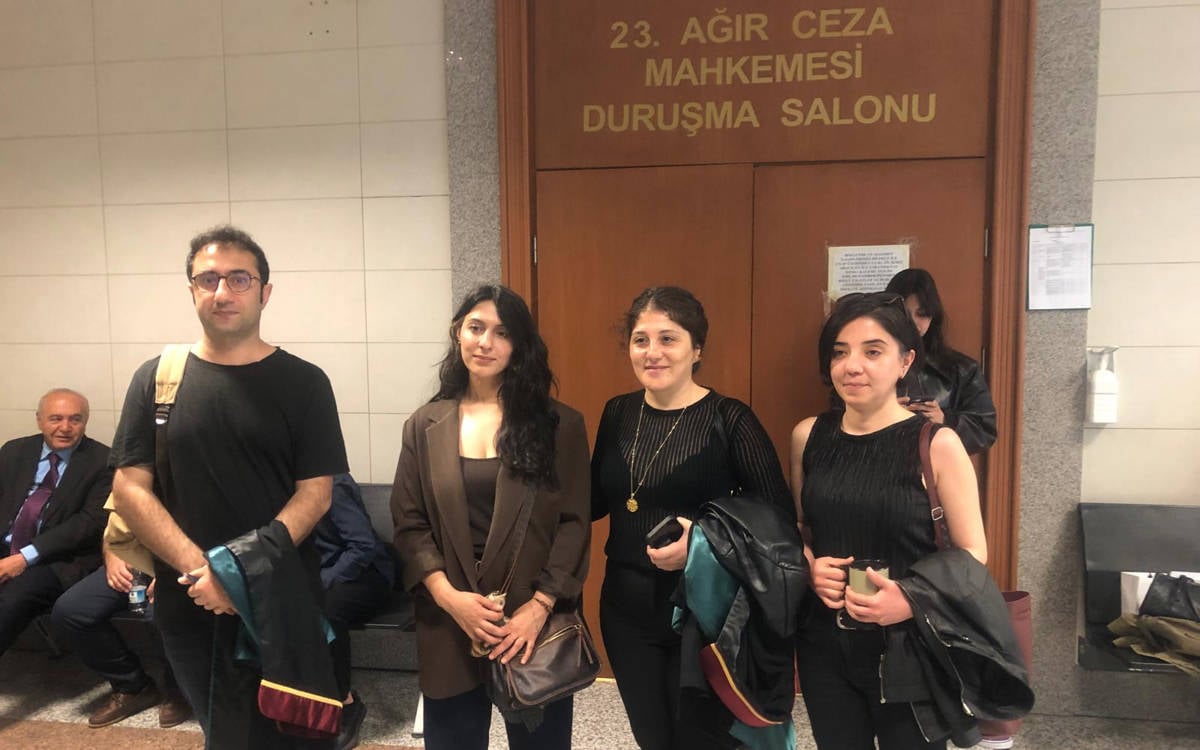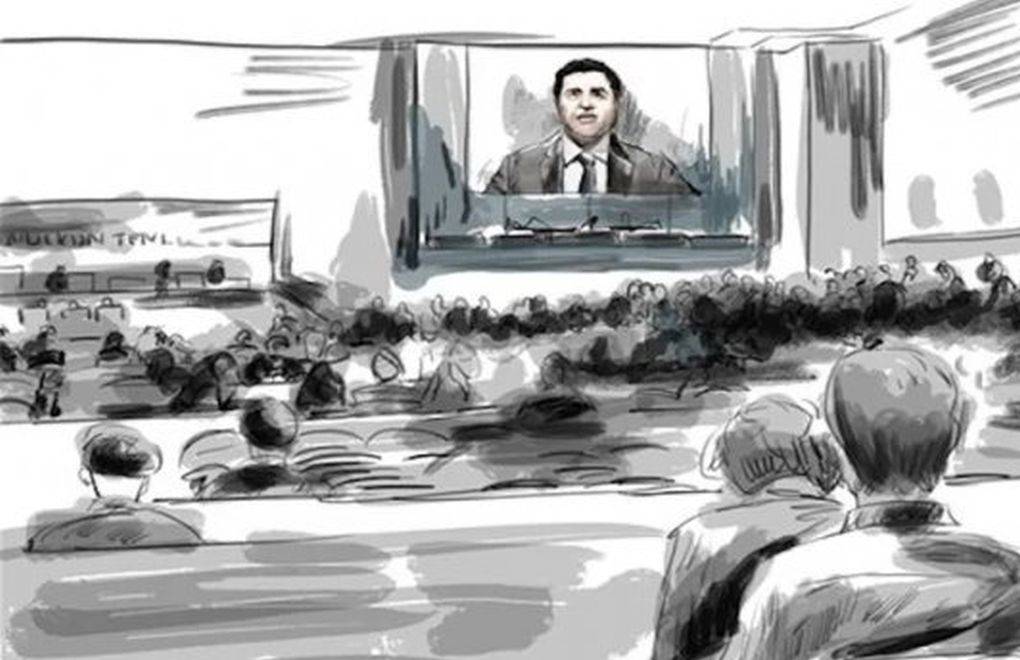A court has acquitted journalist Diren Yurtsever of charges stemming from a report on testimony related to the Kobanî trial, one of the most high-profile legal proceedings involving Kurdish politicians in recent years.
Yurtsever, the managing editor responsible for legal affairs at the pro-Kurdish Mezopotamya Agency (MA), was accused of “revealing or publishing the identities of informants.” The charges were based on news articles covering the testimony of Sami Baran, a key witness in the Kobanî case.
Speaking in court, Yurtsever defended the publication and rejected the accusation that the article disclosed sensitive information.
“This was a trial followed by journalists, politicians, and international observers. Countless news reports were published,” she said, noting that the individual in question was not a secret witness and that the proceedings were public.
"The person there was not a secret witness or an informant, we did not disclose anything secret. I think there are no criminal elements in the file. What we do is journalism," she further said.

Confessor's claims debunked in Kurdish journalists' trial
Her attorney, Sercan Korkmaz, echoed that argument. “This is a public trial. Journalists were present and reporting on it. The content in question was already recorded in open court transcripts. The legal criteria for the crime have clearly not been met.”
Şule Recepoğlu, a lawyer representing the Mesopotamia Women Journalists Association (MKG), also addressed the court. She noted that Sami Baran, the witness in question, had benefited from the law on effective remorse.
"He gave the names of hundreds of people and was instrumental in the prosecution of many politicians,” she said. “He is not an informant. Informants’ identities are kept secret. This individual is listed as a confessor in police and court records, and the reports referred to him in that way.”
Despite the prosecutor’s request for a conviction, the court found that the legal elements of the offense had not been established and ruled for the journalist's acquittal.
Background
The Kobanî trial involves events dating back to 2014, when protests erupted across Turkey's predomnantly Kurdish-populated regions in response to the ISIS assault on the Kurdish town of Kobanî in northern Syria. Dozens of people were killed in clashes.
Seven years later, prosecutors charged numerous pro-Kurdish politicians with organizing the protests at the behest of the outlawed Kurdistan Workers' Party (PKK).
Sami Baran had surrendered to the authorities in 2019, claiming he was a former PKK member. He later testified in the Kobanî trial under the effective remorse law. Although he initially appeared as a suspect in the case, he was later designated as a witness.
During his testimony, Baran claimed he had served on the Peoples’ Democratic Party (HDP) Party Council and knew many of the defendants. He accused them of attempting to incite ethnic conflict, but when asked if they had ties to the PKK, he responded, “I don’t know.”
Baran’s statements were given to law enforcement without a lawyer present. His testimony played a significant role in the trial, which ended with convictions for 24 individuals and the release or acquittal of several others.
The Kobanî trial concluded last year, with some of the 108 defendants receiving heavy sentences.

Verdict reached in Kobanî trial: Selahattin Demirtaş receives 42-year prison sentence
(HA/VK)






